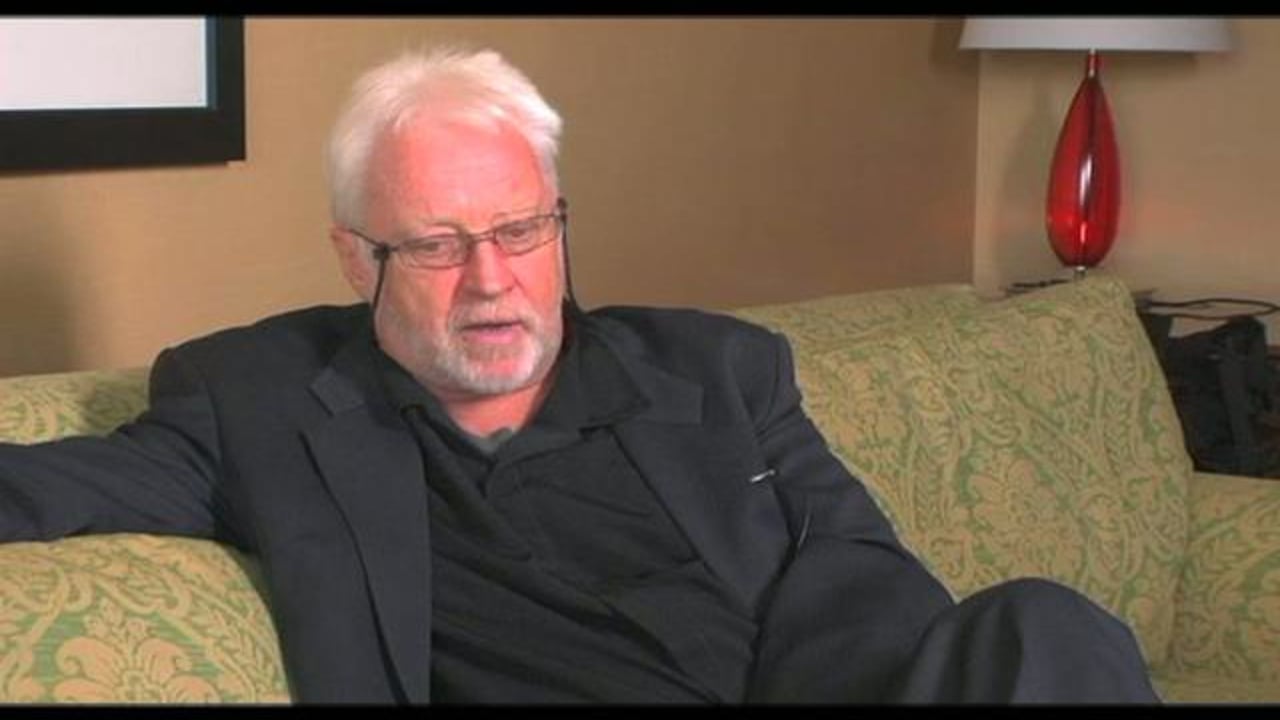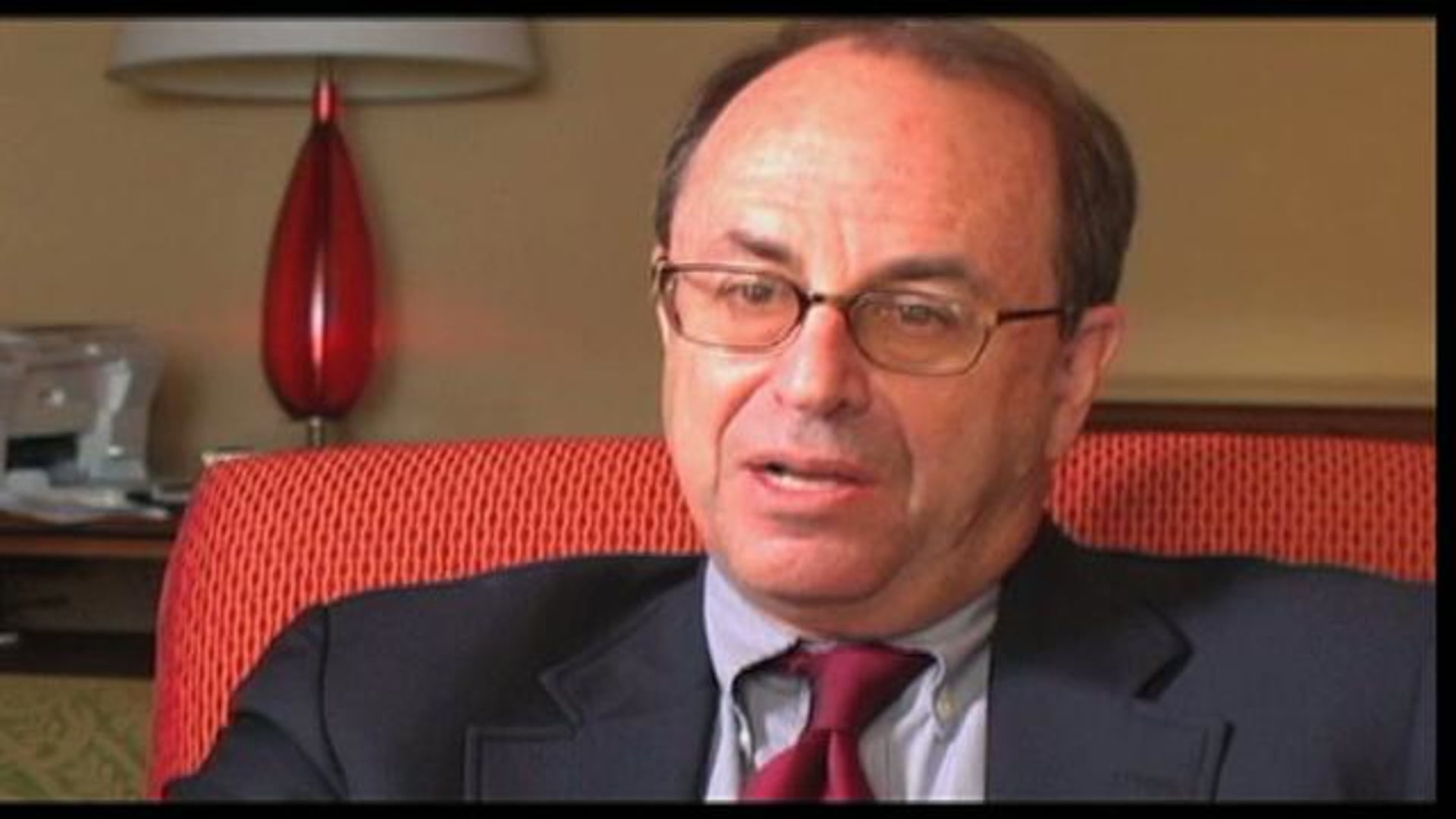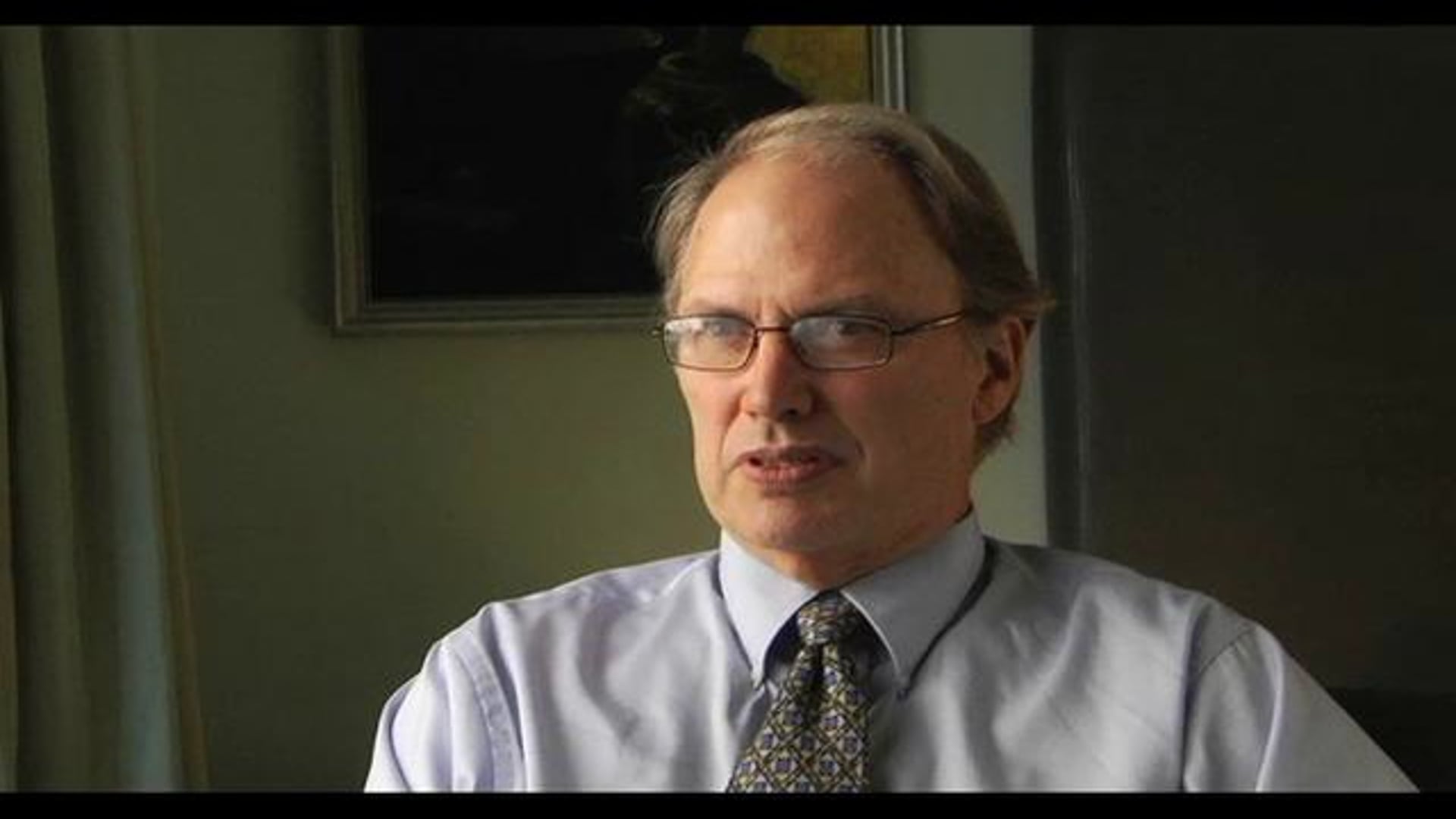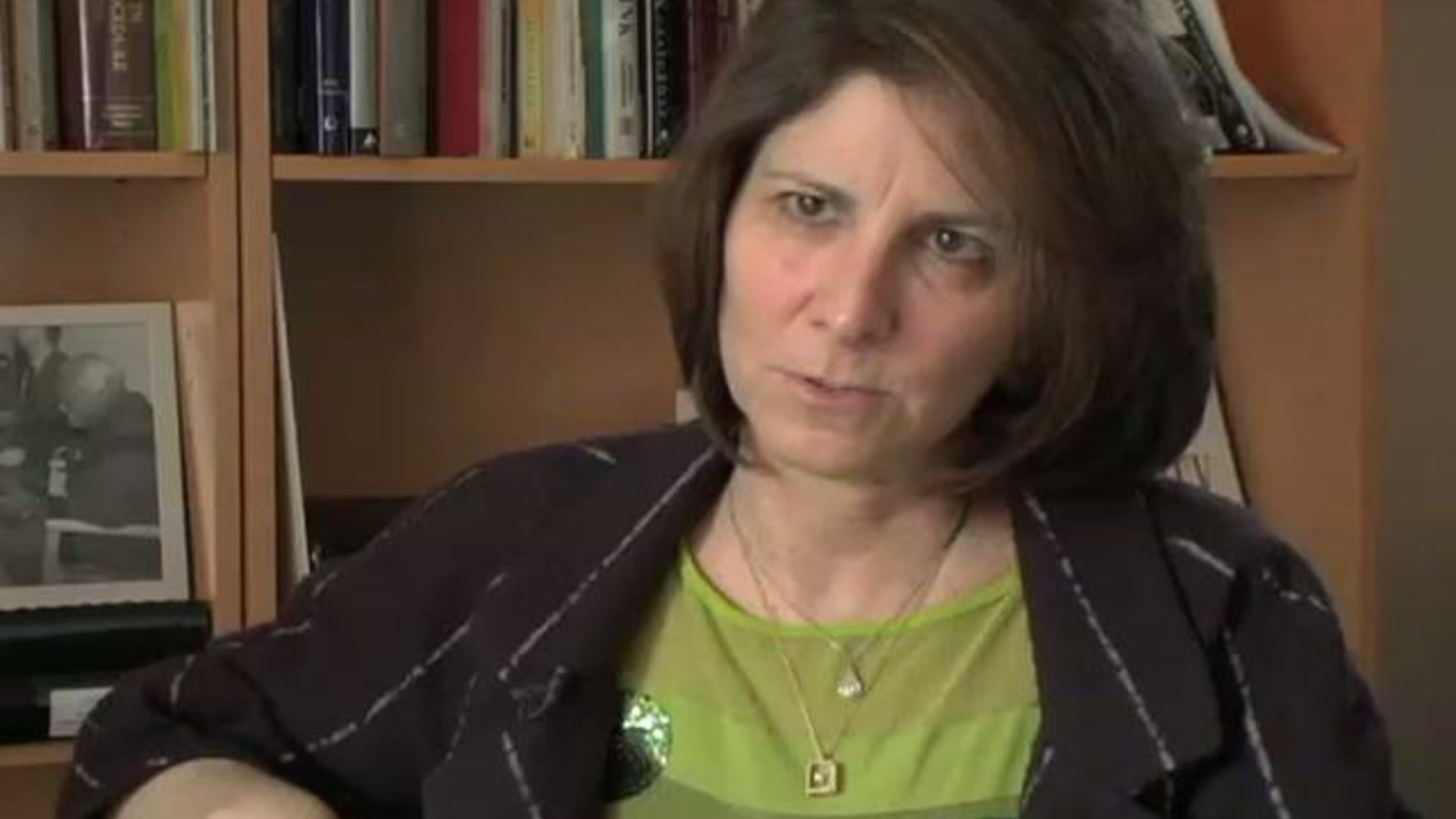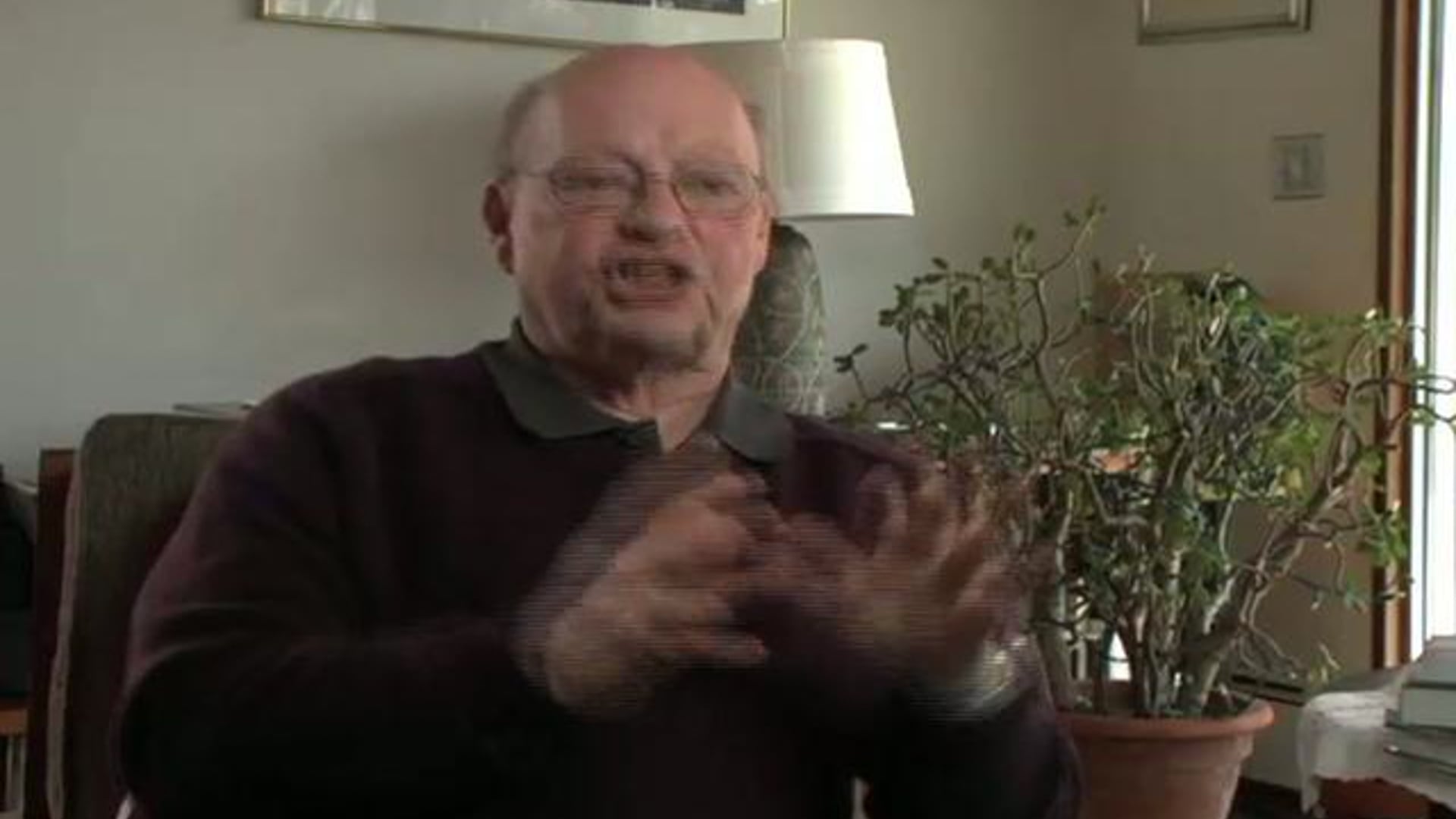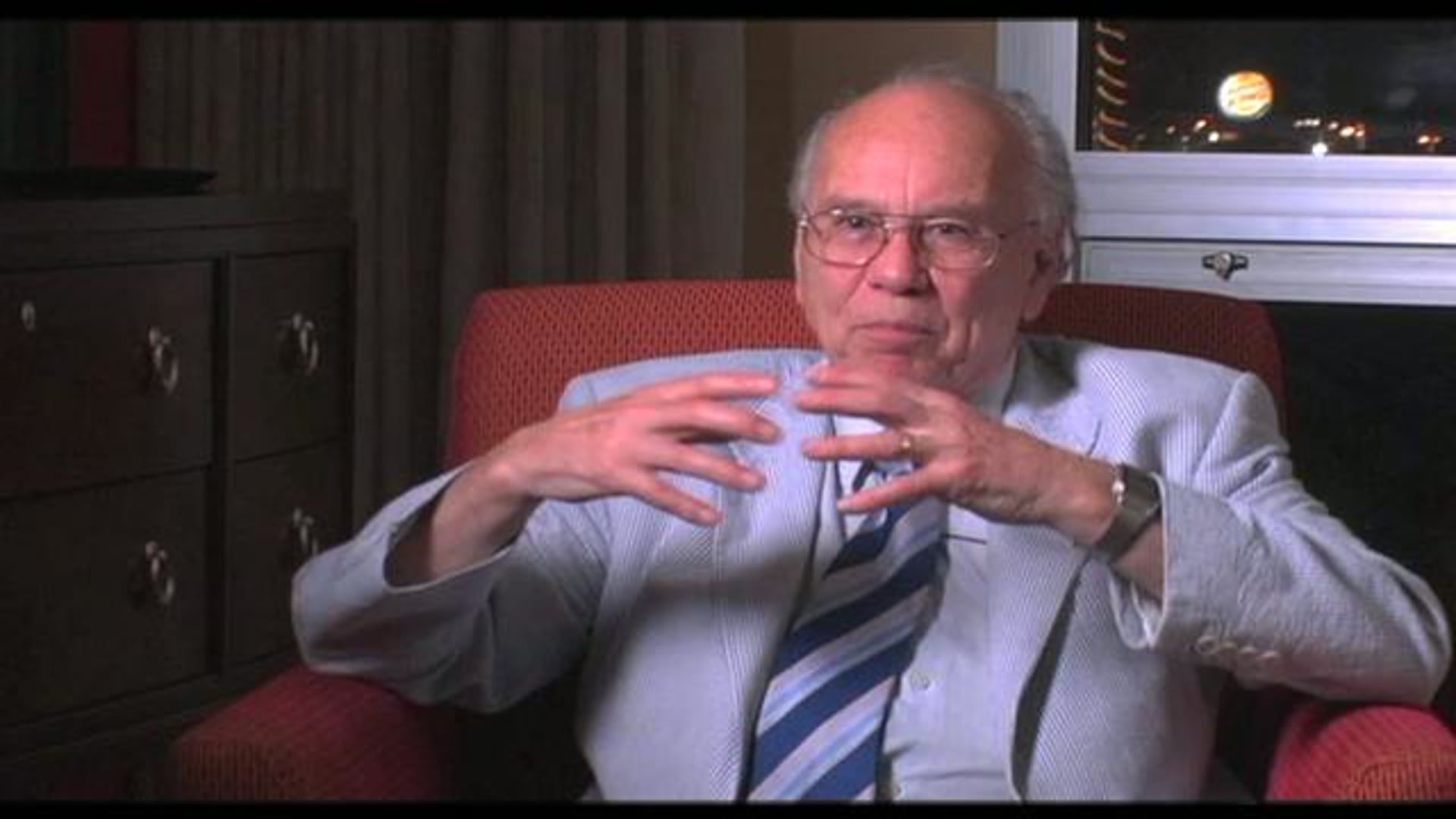Alternative on the “Duluth Model”:
LINDA MILLS: So the solutions have to move beyond the Duluth model, which is a narrow perspective, which identifies the cause of domestic violence, which is patriarchy, but doesn’t get to the underlying causes. Our solutions need to expand theoretically and academically, but also in terms of who we bring to the table in terms of the recovery effort. They need to expand to recognize the causes of domestic violence are not only exclusively related to what people believe and what people believe about women. They believe a lot of things. Those beliefs can contribute to domestic violence. For example: “I need to be in control, if I’m not it’s scary and my life will feel out of control.” “If I don’t react in this situation. I have the voice in my head of my father saying I will be trodden on.” “If I don’t hit something right now, I don’t know what I’m going to do with the burning feeling in my gut.” There are so many dynamics when you untangle and pay attention to the violence that need to be addressed. At a very fundamental level, we need to help people get to understand where the violence comes from. But the question is, who should be at the table to help do that? Clearly the person who is violent needs to do that. But what they quickly follow with is, “Well I can do all this work on myself, but she drives me nuts,” and “if I don’t get that piece understood why she needs to scream at me when I do this, if that doesn’t get understood, I’ll never understand the whole puzzle.” It’s like looking at a part of the elephant and not the whole elephant. So the question is when and how do we bring victims in, and how do we bring the family in?
On the “restorative justice” approach:
LINDA MILLS: From my perspective the most effective approach to domestic violence would that everyone that is in this process, which may or may not include victims, because some victims leave, many victims stay, whoever is in this world and the possibility of that violence, even the children, but certainly the grandparents, that everybody comes together as much as possible to try and address the violence. It is profound, and this has happened to us quite directly, it is profound when the father comes in and says, “I taught him to be violent.” That can change everything.

